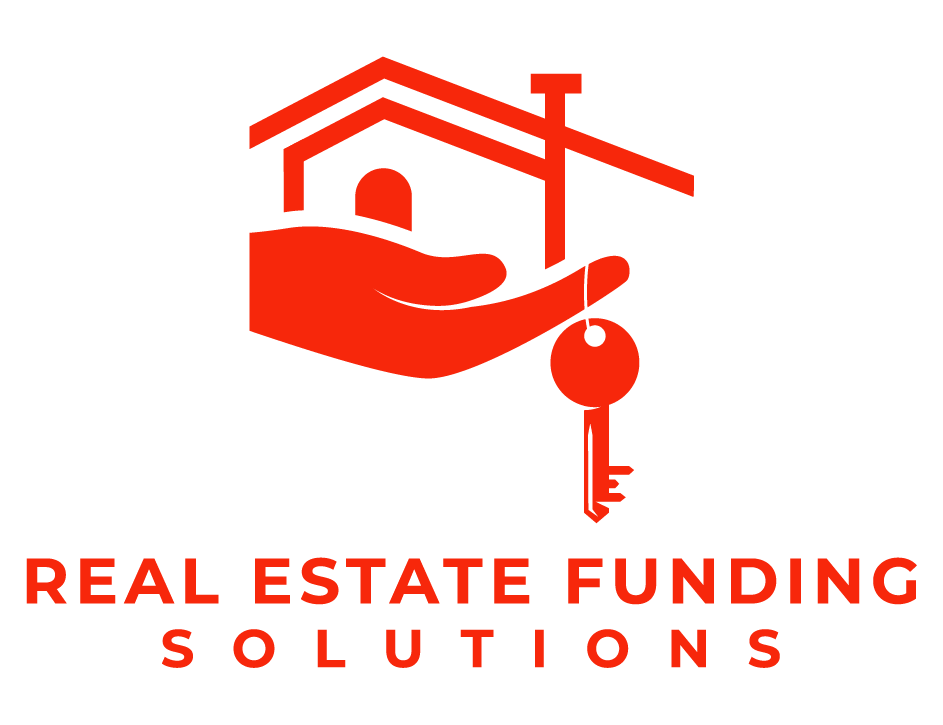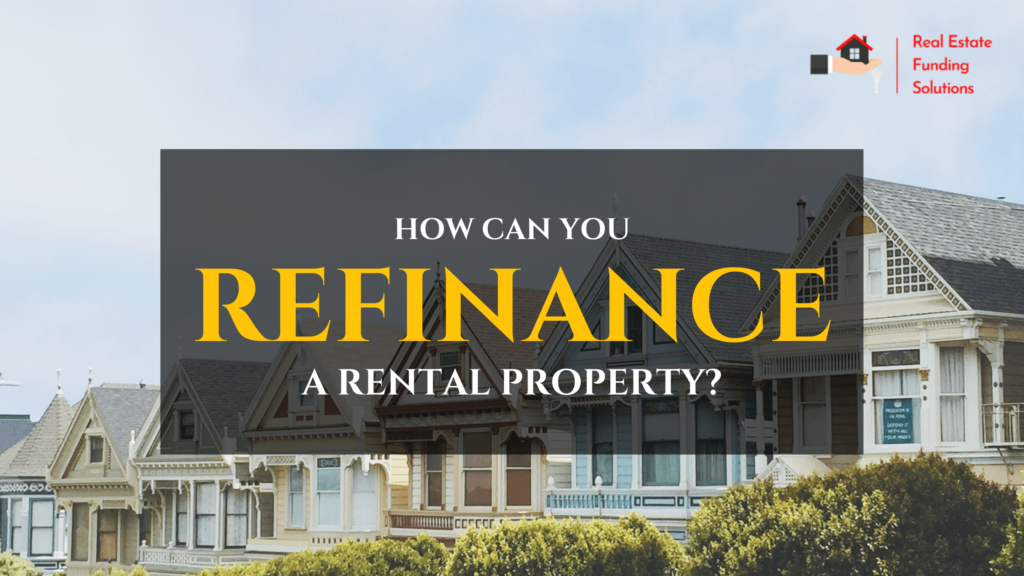When you refinance a rental property, you will get to enjoy several benefits under the right circumstances. However, there are a lot of new-age real estate investors who don’t consider refinancing a rental property as a viable option. It’s because they don’t fully understand that by refinancing a rental property, they can significantly reduce their monthly payments as long as they prioritize a few simple steps. If you have trouble qualifying, you can always contact professional real estate agents from Real Estate Funding Solutions. Our team will help you get the best deal possible effortlessly. If you wish to qualify to refinance your rental real estate, here are a few critical steps you need to keep in mind:
- Gather all financial documents
- Apply for refinancing
- Lock your refinanced rate
- Underwriting
- Closing
Before we teach you how to finance a rental property, you first need to consider all the equity you have managed to build up in the property. Ideally, all real estate lenders require a cushion of at least 25% to refinance a mortgage secured by a non-owner-occupied home. Real estate lenders would want to see that you are not likely to default in simpler terms. People with enough equity have more skin in the game, making them less likely to default on monthly mortgage payments.
As a rental real estate owner, it’s in your best interest to prove to the lender that your collectible rent will be dependable. It is also worth noting that all professional lenders don’t necessarily look at the current rental rate as dependable. With that being said, you must prove to the banks that your rental real estate will be profitable. If you can successfully prove that your rental income will be dependable and you have enough equity. You must familiarize yourself with all the rules related to refinancing. It would help if you did thorough research about everything you can and cannot do, as real estate lenders will have their own set of guidelines to follow. Some moneylenders, for instance, will not allow property owners who have multiple properties to refinance.
Now Let Us Look At These Five Steps In Detail.
It would help if you started by compiling all financial documents. Any mortgage lender you work with will eventually request additional information before approving your loan. Take your time to gather and properly organize all the following documentation before you get started:
- Proof of Rental Income: You need to show bank statements or pay stubs to prove the total amount of income you receive from your rental portfolio along with any additional sources of revenue.
- W-2 and 1099 Forms: Tax documents should help lenders verify your investment income and work history. In some instances, they may even ask for your complete tax return for some additional information.
- Credit Report: There are many cases where professional lenders will request credit information when you apply to refinance a rental property.
- Debt and Asset Statements: Besides showing proof of income and tax paperwork, it can help if you gather any documents on other assets you may have under your possession. These may include bank statements from alternative accounts, retirement information, and more.
- Title Insurance Papers: These papers can help lenders confirm the ownership of the property.
After gathering your financial and investment information, you need to reach out to your preferred real estate lender to start the application process. Your lender then tells you all the paperwork or information they require you to provide and gives you a detailed overview of the next few steps. After you submit your application to refinance a rental property, the lender will propose the loan terms and interest rate. Ideally, these are from 2 weeks to 2 months based on the lender and location. You must carefully check and discuss this information with your lender to ensure you stay profitable. You also need to check if you are granted a rate lock period. At this time, you can carefully review your terms without stressing about your proposed interest rate increasing.
The underwriting process starts after you accept the loan terms and interest rate. At this point, the lender will typically ask for a property appraisal since it will confirm the current market value of your property before the loan is written. However, you need to be available for any questions if the lender requests additional information. Our Real Estate Funding Solutions team can handle the underwriting process for you.
Closing is the last and final step of the process and tends to operate on a shorter timeline. In this phase, you will review the final closing disclosure and confirm your loan details. You will also have to pay any underwriting fees or closing costs. When you work with professional real estate experts from Real Estate Funding Solutions, they will ensure that everything is done correctly.
Contact Real Estate Funding Solutions To Help Refinance Your Rental Property!
At Real Estate Funding Solutions, we have several years of training and experience under our belt, which will help. Moreover, our professionals handle cases like yours daily. Meaning they know how the process works and what measures you must take to get the best deal possible. Call us at 855-913-8637, and our experts will walk you through the process. With our expertise by your side, you will not have to stress about finding the right deal for your investment property.



